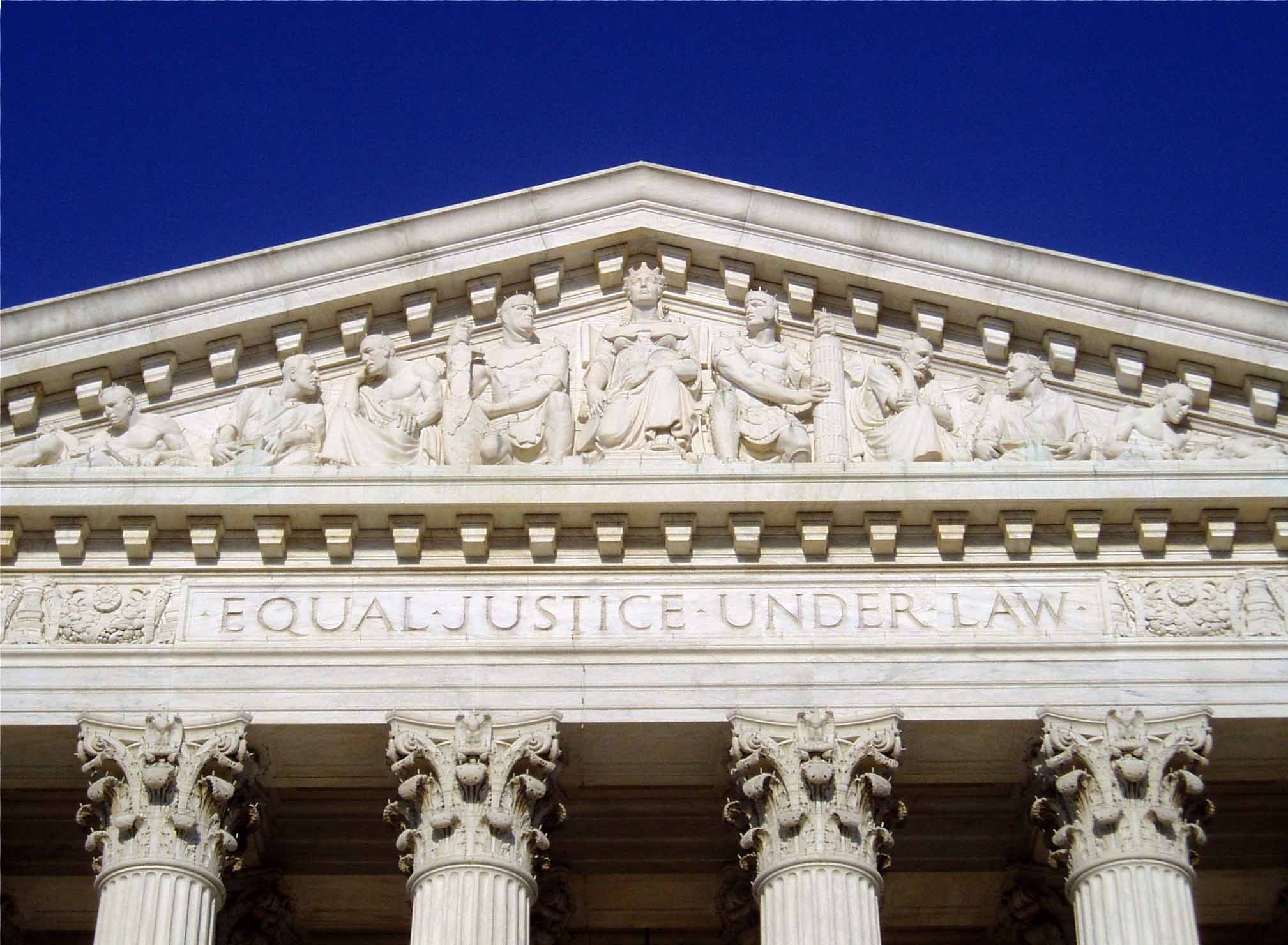Already teetering toward a complete rupture with the prevailing political order amid Americans’ monthslong flirtation with Donald Trump’s and Bernie Sanders’ respective revolutions, we are now caught in the throes of a full-blown constitutional crisis — at least according to the howling protests of self-interested liberal commentators.
After Supreme Court Justice Antonin Scalia’s death Saturday, Senate Majority Leader Mitch McConnell (R-Kentucky) declared that his replacement should be selected by President Obama’s successor. Conservatives quickly coalesced around McConnell’s decision to block any replacement Obama might nominate in his last year in office. Sen. Mike Lee (R-Utah), an influential member of the Senate Judiciary Committee, confirmed in a Sunday interview that McConnell’s move “accurately reflects the position of Senate Republicans,” while Sens. Marco Rubio and Ted Cruz demanded a delay in the nominating process from the campaign trail.
Meanwhile, Obama announced his intention to fulfill his “constitutional responsibilities to nominate a successor in due time,” setting the stage for an epic election-year confrontation with Republicans. Hillary Clinton and Sanders, who are fiercely competing to capture a Democratic party base that remains devoted to Obama, both slammed Republicans’ plans to block any Obama nominee.
Democrats are desperate to cast Republicans’ delaying tactic as a hyperpartisan hijacking of a process that has historically been considered “above politics,” in the words of Paul Krugman, a Nobel Prize-winning economist and longtime liberal bloviator for The New York Times. Krugman’s Sunday column warned that with “today’s G.O.P.,” Scalia’s death has “opened the doors to chaos.” But for all the feigned outrage Democrats can muster, they will have a hard time convincing voters that having a say over the nominating process is some great tragedy.
It’s also not much of a departure from the past. The history of election-year Supreme Court nominations is a lot messier — and partisan — than Democrats care to remember. The Senate scuttled a nomination of a justice and the promotion of another to chief justice in Democrat Lyndon Johnson’s final year in office, allowing Richard Nixon to fill a Supreme Court vacancy after the Republican took the White House in the 1968 election. And while a Democrat-controlled Senate finally confirmed Ronald Reagan’s appointment of Justice Anthony Kennedy in 1988, it blocked his more conservative initial choice.
For opposition parties in election years, the real precedent has been to do what you can get away with. Voters could ultimately decide to punish Republicans refusing to confirm a nominee until after the election, but the downsides of a delay are unclear. Cases in which the remaining justices split 4-4 will simply lead to a lower court ruling being upheld. Cases may also be reargued in front of the whole court after a new justice is confirmed — a well-established legal precedent.
Coincidentally, nearly all of the politicians demanding the Senate consider Obama’s nominee are comfortable with his judicial philosophy. Perhaps their sudden concern for the integrity of nominating process isn’t completely objective.
Supreme Court justices usually hold off on retiring until an ideologically friendly president is in office to replace them. Because Scalia died during Obama’s term, the appointment of his successor could radically alter the ideological complexion of the court. Democrats would love this outcome; Republicans would hate it. If the court is going to veer far to the left, Republicans are going to make voters sign off on that change first. And why would voters blame them that for that? Both sides’ positions on the issue are nakedly self-interested.
Fortunately, the framers of the Constitution didn’t envision political representatives unprejudiced by political self-interest. Rather, they instituted a system of checks and balances in which self-interested factions can check one another’s influence — and voters have ultimate veto power.
If Scalia’s death has prompted a crisis, it’s one manufactured by Democrats; the Constitution is working exactly as intended.
Charlie Bulman is a senior government and politics major. He can be reached at cbulmandbk@gmail.com.



